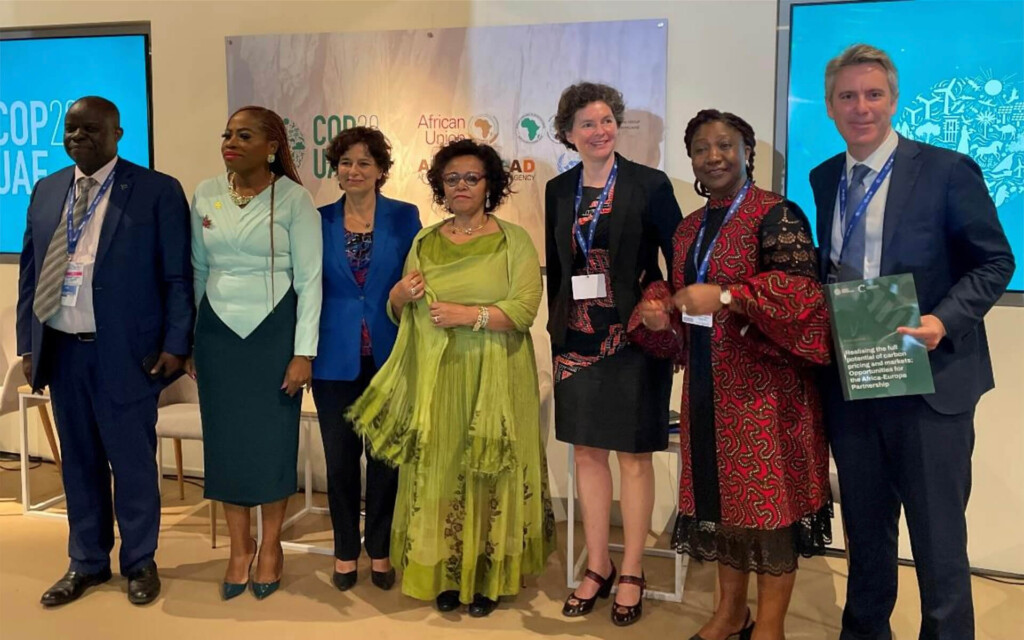Embedded carbon pricing: how to make it work for the world


EU CBAM is the first of a range of anticipated mechanisms that charge import levies based on embedded carbon for specific (emission-intense) products. Introduced as a mechanism to avoid carbon leakage in the EU and to create demand pull for green industrialisation globally, CBAM has caused a lot of noise, concern, and discontent in Africa.…
Carbon markets: big opportunities for Africa, if we lean in to make it work



Carbon markets - What is happening? COP29 outcomes created a UN-governed market, and a baseline that will be used for many future market and rule initiatives. COP29 operationalised two key mechanisms of Paris Treaty Article 6: (i) Bilateral trading- Article 6.2- governing country-to-country carbon trading, which is already being implemented in some contexts; and (ii)…
capaJune 25, 2025
Briefing Paper: COP29 Outcomes and implications for Africa



The two most pertinent results of the negotiations at COP29 are further clarity on Article 6 (governing carbon markets) and a last-minute agreement on climate finance, in the New Collective Quantified Goal (NCQG). This note captures the key outcomes and their reception and identifies the key implications and suggested priorities for Africa. Climate finance and…
capaJune 25, 2025
Africa is poised to become the future of carbon supply



Ash Berman & Malika Anand Even as carbon markets face scrutiny relating to a lack of environmental integrity, low transparency, and unrealistic commitments, there are good reasons to be optimistic. Innovators in Africa are building on the continent’s natural resources, economic growth, and tech talent to create new types of carbon projects that are better…
capaJanuary 16, 2024
Carbon Markets Report



New report shows carbon pricing and trading is a win-win opportunity for Africa and Europe to accelerate climate action 4 December, Dubai – In the framework of COP28 (the UN Climate Change Conference), the Africa-Europe Foundation (AEF) and the Climate Action Platform for Africa (CAP-A) released a joint report, Realising the full potential…
capaDecember 17, 2023
